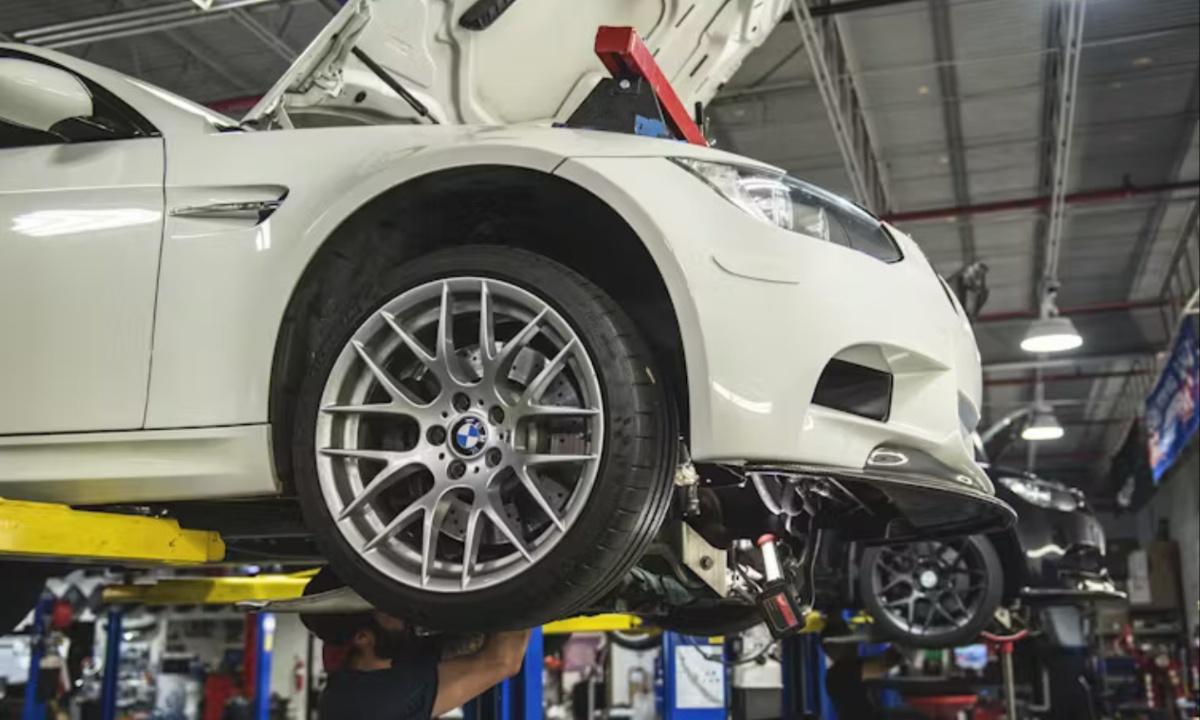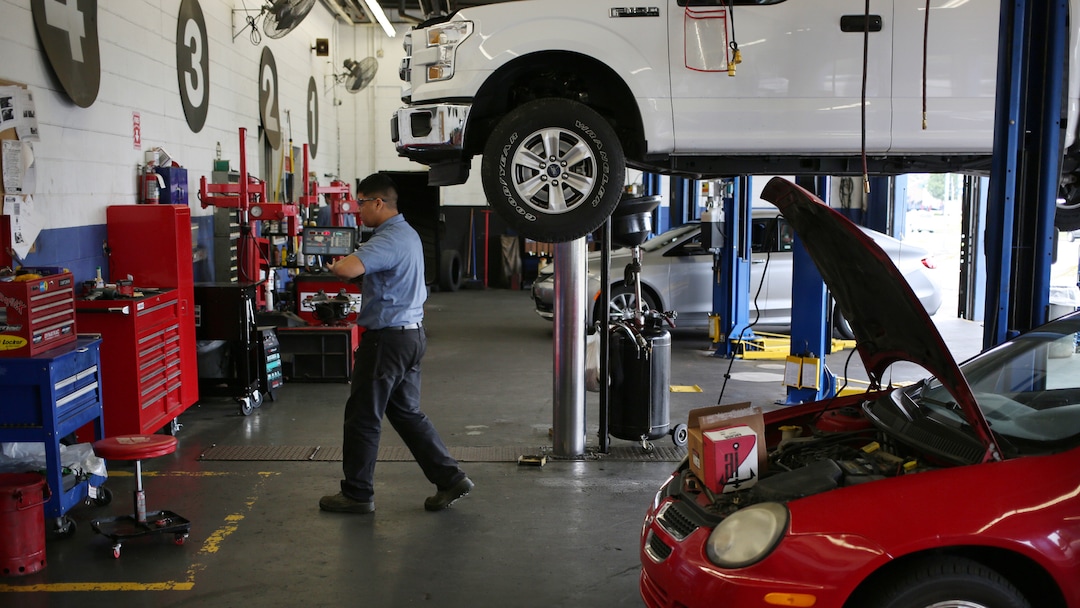Modern cars are no longer just modes of transportation; they have become data communication hubs, transmitting critical operational data wirelessly to manufacturers. This evolution introduces significant challenges to the “right to repair,” a principle that ensures consumers and independent repair shops can access essential diagnostic information. With issues such as property rights, trade secrets, cybersecurity, data privacy, and consumer rights at stake, policymakers are tasked with creating balanced solutions that preserve repair rights without compromising safety and privacy.
In the past, repairing a car involved accessing data through standardized onboard diagnostic ports, with laws ensuring independent repair shops could retrieve the necessary information. The rise of telematics systems, which merge computing and telecommunications, has disrupted this accessibility. These proprietary systems are encrypted and often secured by digital locks, restricting access for independent shops. This shift increases repair costs for consumers and bypasses earlier agreements, such as Massachusetts’ 2012 law and the 2014 nationwide memorandum that protected repair rights.
In response to these challenges, Massachusetts voters approved a 2020 amendment requiring manufacturers to grant car owners and their chosen repair shops access to telematics data through standardized platforms. Despite its approval, the amendment faced legal challenges from manufacturers and federal agencies. Concerns over cybersecurity vulnerabilities led the National Highway Traffic Safety Administration (NHTSA) to warn that open two-way telematics access could allow hackers to take control of vital vehicle functions. Manufacturers also argued that the state law conflicts with federal regulations, delaying its implementation until 2023.

Privacy advocates highlight the risks associated with granting third-party access to telematics systems, particularly regarding sensitive data like real-time location. In response, adjustments were proposed, including limiting telematics access to proximity-based methods, such as Bluetooth, which align with federal safety standards. However, repair advocates criticize this approach as overly restrictive, favoring authorized dealerships that retain broader access. Federal legislative efforts, such as the REPAIR Act, aim to address these issues by mandating nationwide access to diagnostic data, including telematics.
Ownership of vehicle-generated data remains a contentious issue. While a 2015 federal law recognized vehicle owners’ rights to specific data, broader questions about telematics data ownership remain unresolved. Manufacturers often control this data through contractual terms and digital protections, limiting access for consumers and independent repair shops. Advocates argue that because the data originates from the vehicle owner’s use, ownership should belong to them. Regardless of the ownership debate, ensuring access to diagnostic data is essential to preserving the right to repair.
Safety and privacy concerns must be addressed, but they should not undermine the right to repair. Maintaining a competitive repair market is crucial for consumer choice, fair pricing, and environmental sustainability by reducing premature vehicle and parts disposal. Policymakers and industry leaders must collaborate to develop solutions, such as tools that separate personal information from mechanical data. If successfully implemented, Massachusetts’ law could serve as a model for broader agreements or legislation, ensuring technological advancements do not erode repair rights or consumer autonomy.

